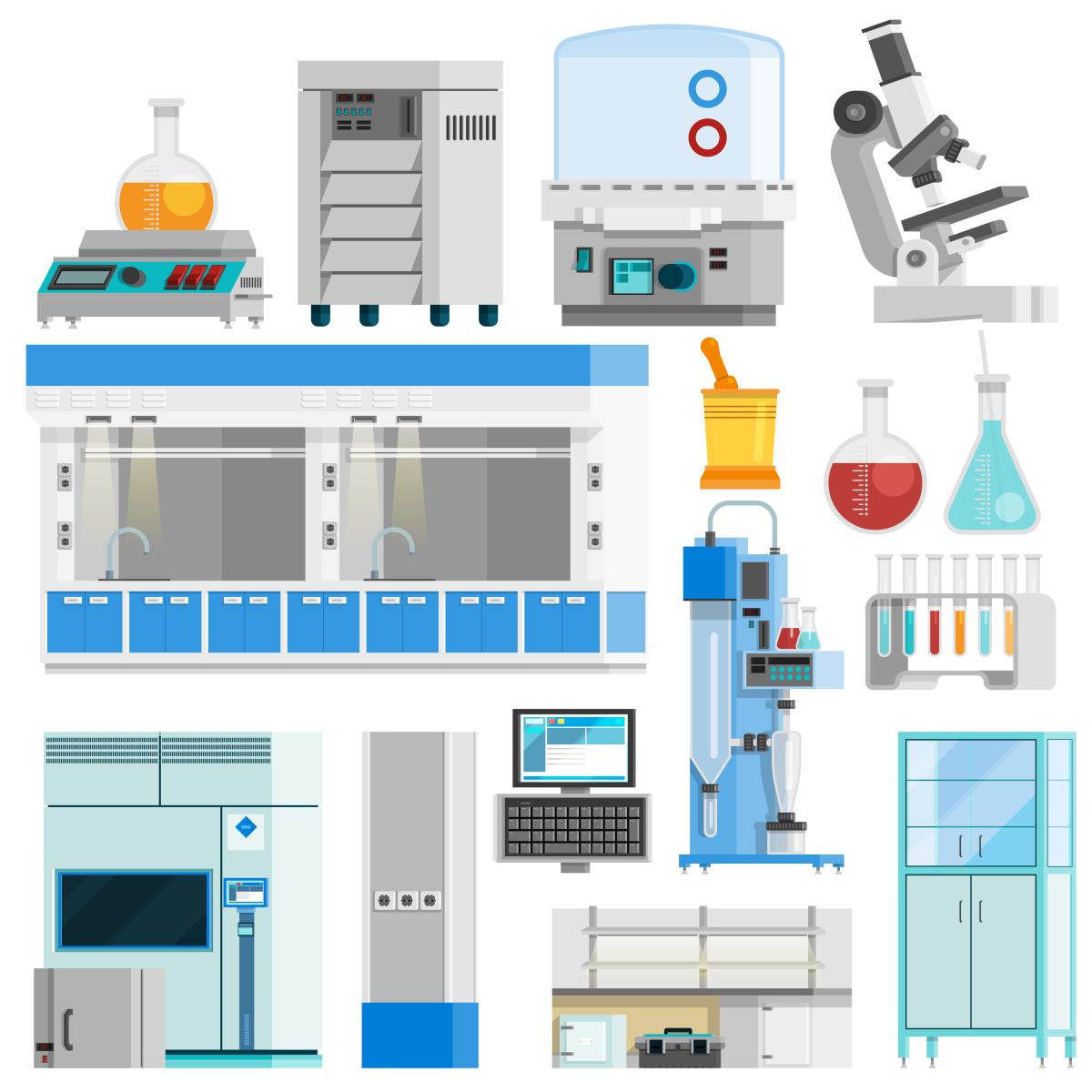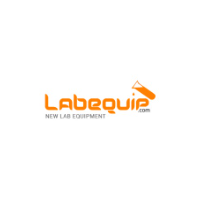Scientific Lab Equipment Suppliers Essential For Cutting-Edge Research And Innovation

Scientific lab equipment suppliers play a crucial role in supporting research, education, and industry by providing a wide range of essential tools and consumables. They offer products that include everything from pipette tips and centrifuge tubes to complex analytical instruments, ensuring laboratories have the necessary resources to operate efficiently. Reliable suppliers help maintain the accuracy and productivity of scientific work by delivering quality equipment tailored to diverse lab needs.
Choosing the right supplier can impact the success of experiments and the overall workflow in a lab. Many suppliers focus on offering products from trusted manufacturers, covering both standard lab consumables and advanced scientific instruments. This variety allows researchers and institutions to find solutions that match their specific requirements without compromising on quality or service.
In Canada, for example, numerous companies specialize in distributing lab equipment and supplies, providing access to domestic and international products. These suppliers often support not only product availability but also technical assistance and timely delivery, making them integral to modern scientific research and development efforts.
Choosing Scientific Lab Equipment Suppliers
Selecting the right supplier requires careful consideration of several practical factors. These include the reliability of products, compliance with industry standards, and the supplier’s track record in customer support and delivery.
Key Selection Criteria
Price must be balanced with value. A low cost supplier might not offer the durability or accuracy required for scientific work. Therefore, evaluating the total cost of ownership, including maintenance and replacement parts, is crucial.
Delivery time and logistics are essential. Delays can disrupt research timelines. A supplier with dependable shipping schedules and flexible order volumes improves operational efficiency.
Customer support is another key factor. Responsive technical assistance and warranty services reduce downtime. Suppliers who offer training or detailed product documentation add further value.
Assessing Product Quality and Certifications
Lab equipment must meet strict quality and safety standards. Look for suppliers providing products certified by recognized organizations, such as ISO or CE marks. Certified equipment ensures compliance with regulations and reduces risk.
The supplier should also provide detailed specifications and testing reports. Transparency about product performance helps verify if the equipment suits specific lab requirements.
Innovation matters, but only if it is backed by robust validation. The latest technologies can enhance research capabilities when they are proven reliable.
Evaluating Supplier Reputation
Reputation reflects past performance and reliability. Research user reviews, testimonials, and industry ratings to gauge customer satisfaction. Suppliers with consistent positive feedback are less likely to cause operational issues.
Long-standing relationships with reputable vendors offer advantages like priority support and better pricing terms. Established suppliers often have proven supply chains and backup options, minimizing the risk of shortages.
Another marker is the supplier’s engagement with the scientific community. Those active in partnerships or funding research demonstrate commitment to advancing reliable lab technology.
Product Offerings and Services
Scientific lab equipment suppliers provide a wide variety of tools and instruments essential for diverse research and testing needs. Their offerings include standard lab equipment alongside specialized services tailored to maintain and optimize laboratory operations.
Range of Available Lab Equipment
Suppliers typically offer equipment for chemistry, biology, microbiology, and industrial applications. Products include analytical instruments such as mass spectrometers, chromatography systems (HPLC, GC), microscopes, centrifuges, incubators, and safety gear.
Consumables like glassware, plasticware, and reagents are also part of the portfolio. Some suppliers provide precision diagnostic instruments for clinical and research labs. This broad selection ensures laboratories can source both general-use tools and advanced scientific instruments from one vendor.
Customized Solutions for Laboratories
Many suppliers offer tailored solutions to meet specific laboratory requirements. This includes custom-configured instrumentation setups or specialized consumables designed for unique processes.
They may collaborate with clients to optimize workflows or adapt products for particular experimental needs. Partnerships with manufacturers enable access to high-quality, customizable instruments, improving precision and efficiency in lab operations.
Support and Maintenance Services
Reliable support is critical for continuous lab function. Suppliers often provide maintenance contracts, repair services, and calibration to ensure equipment operates within regulatory standards.
Safety equipment inspection and instrument servicing are common offerings. This proactive approach helps minimize downtime and ensures compliance with safety and quality guidelines. Access to technical support also aids in training and troubleshooting, enhancing overall laboratory productivity.
